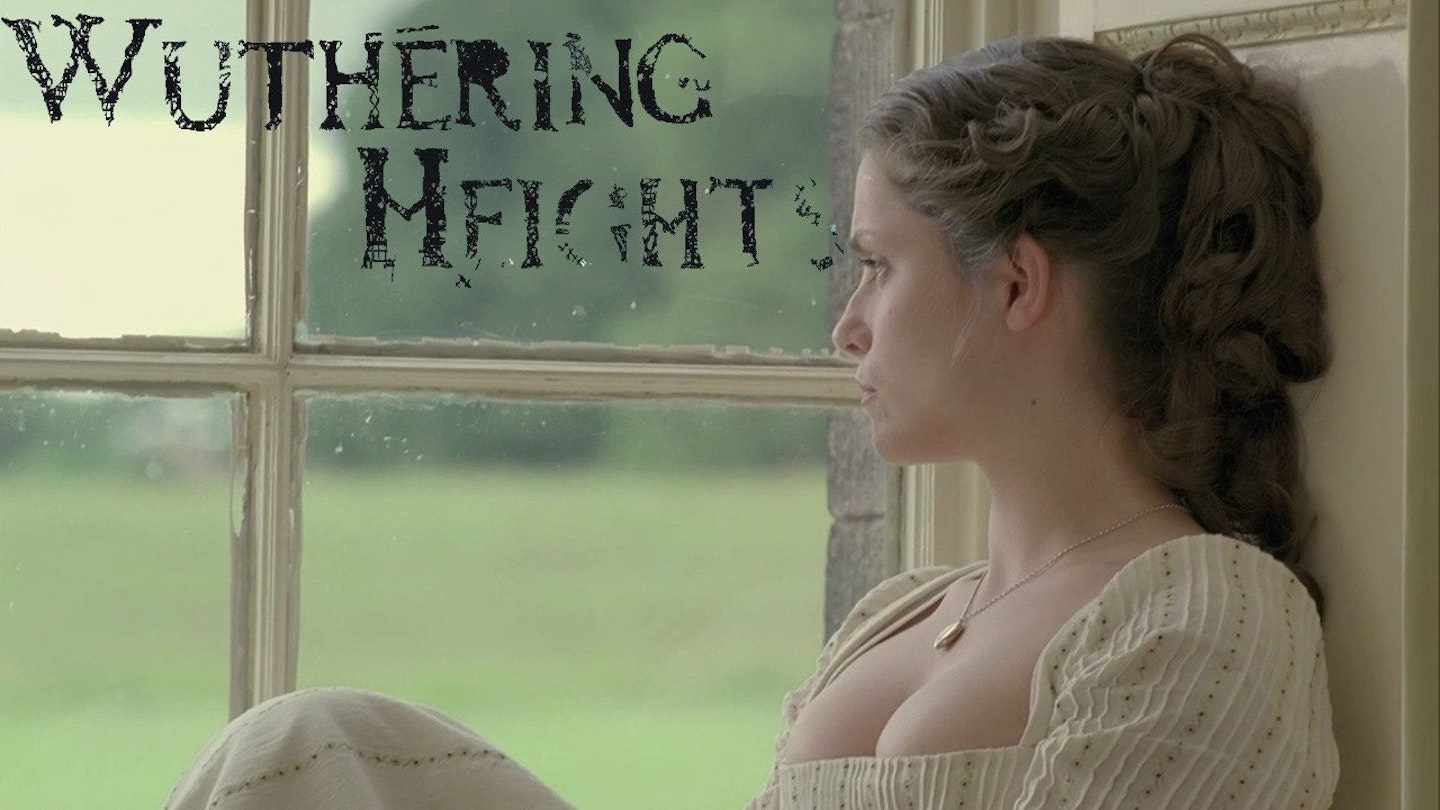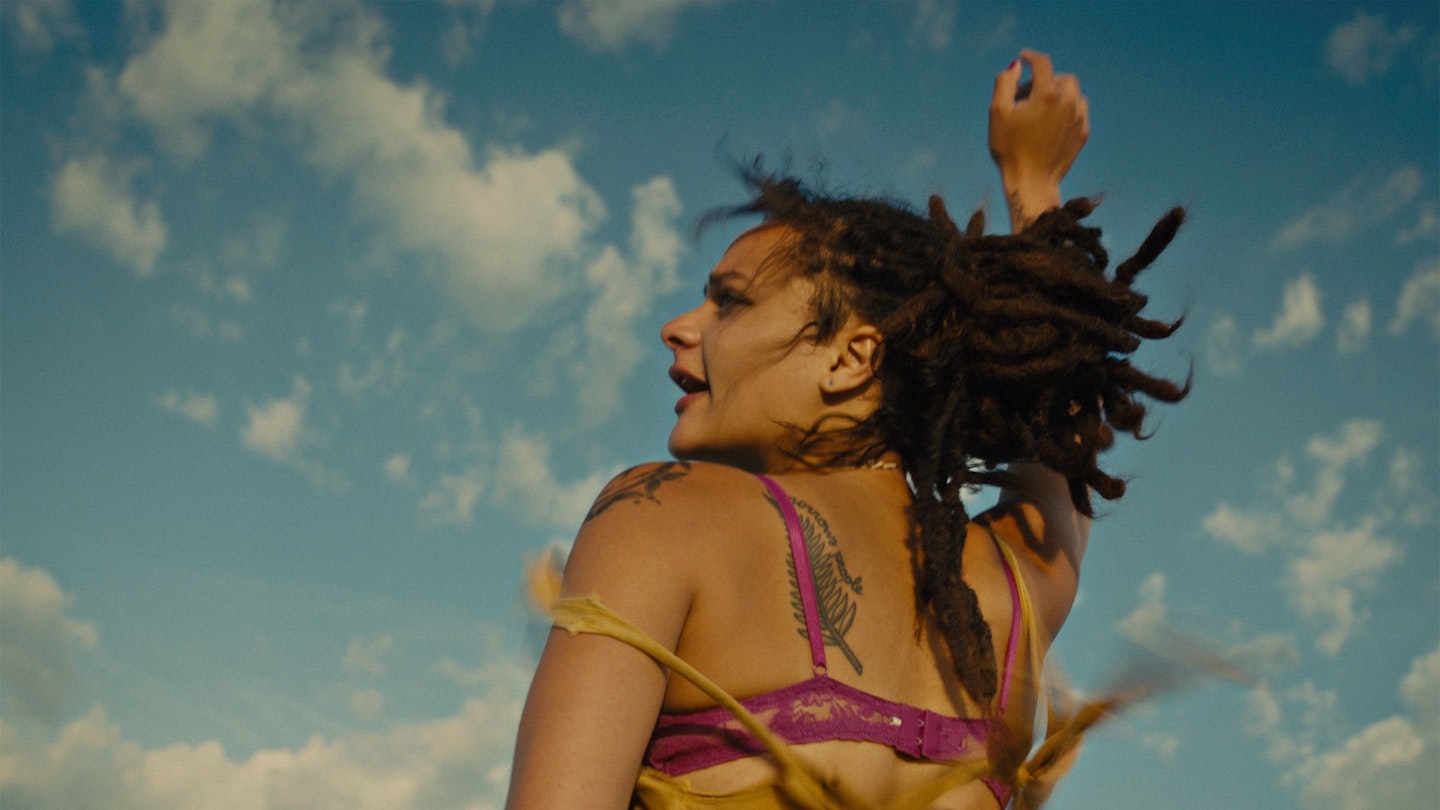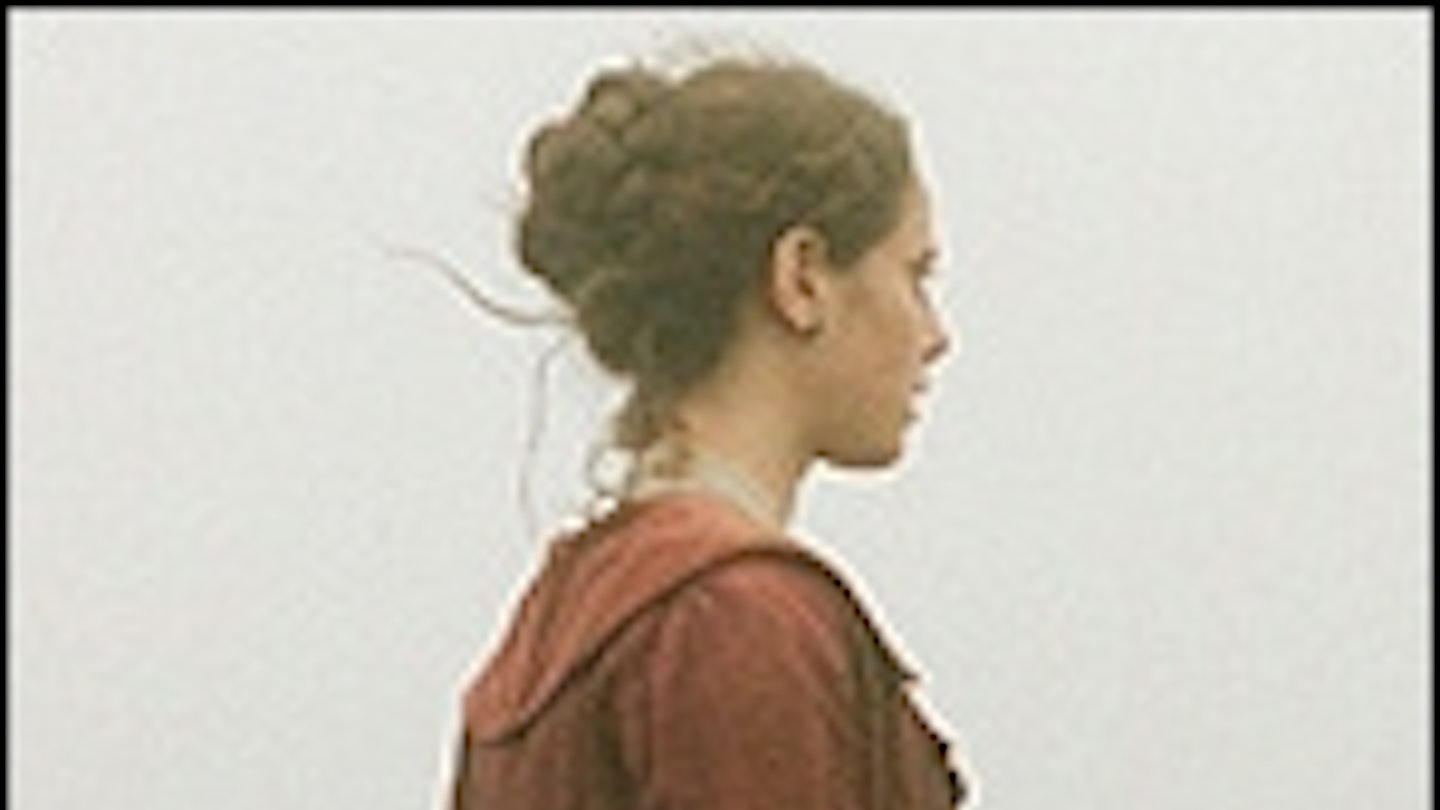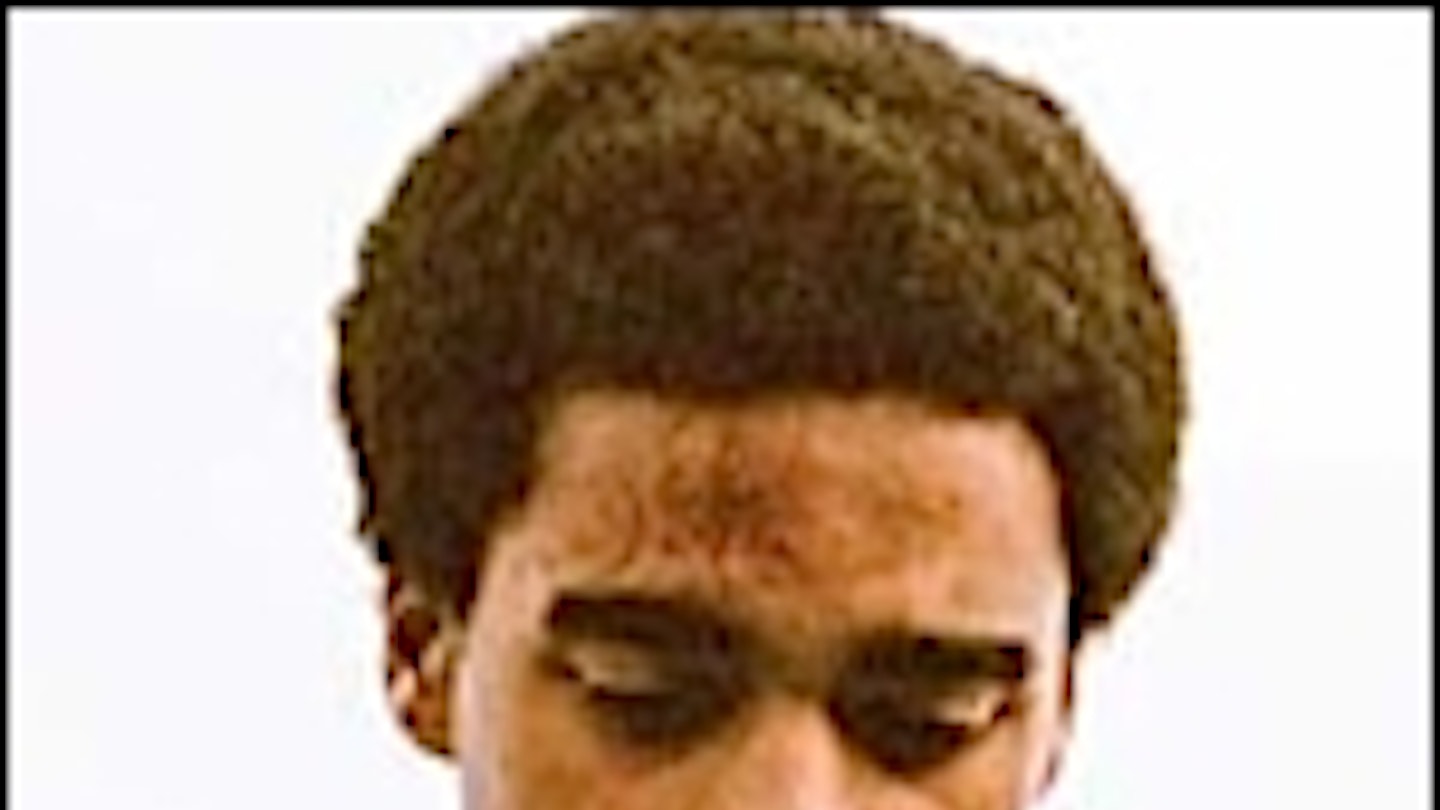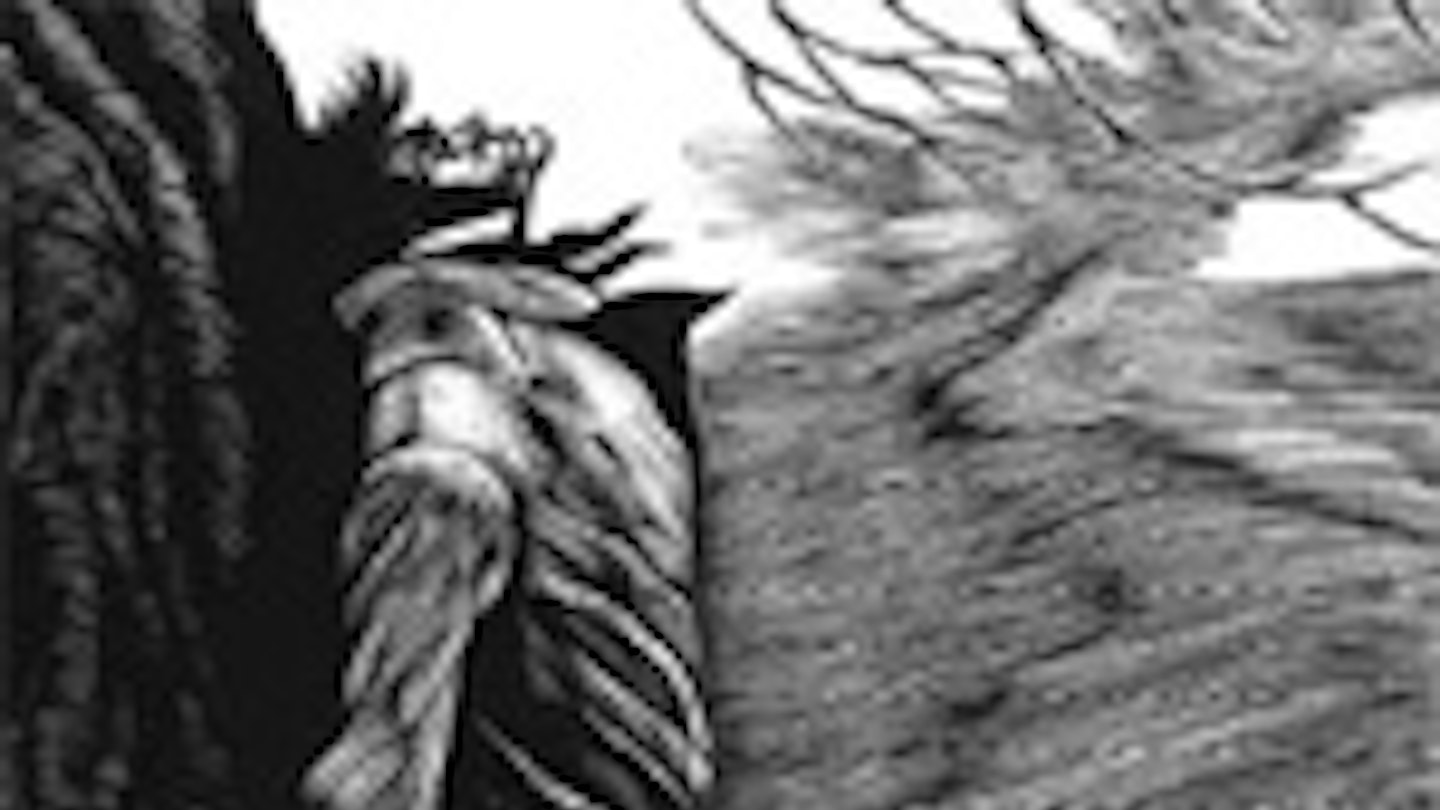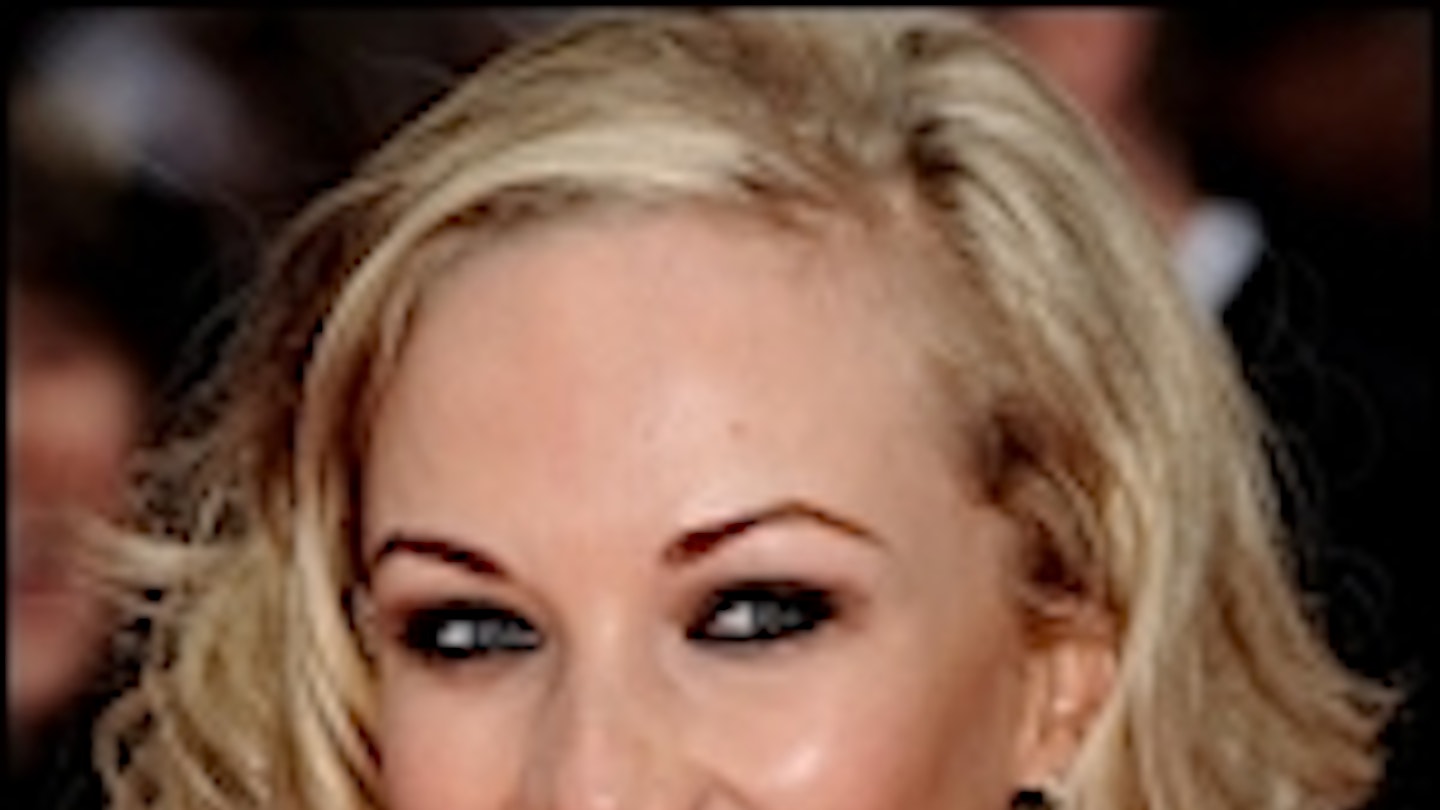This is not your typical costume drama. Instead of yards of silk brocade, stately homes and Judi Dench, this is all about rough linens, hilltop farms and no-one you’ve ever heard of. In place of an elegant orchestral score there’s, well, no score at all, just the sound of wind and scratching of insects. Andrea Arnold, nothing if not committed to realism in low-key, thoughtful indies Red Road and Fish Tank, goes back to the novel and places the emphasis firmly on the strangeness of Emily Brontë’s story, emphasising not its oft-claimed love story but the strange nature of the bond between Heathcliff and Cathy.
While the casting stories focused on Kaya Scodelario and newcomer James Howson, it’s the younger Cathy and Heathcliff, Shannon Beer and Solomon Glave, who do the heavy lifting in establishing the obsessive friendship/love affair. Arnold lavishes most of her running time on the adolescent pair, racing across the moors beneath scudding clouds and lying in the heather watching birds overhead. Both young actors are remarkably good, communicating in near-wordless scenes the depth of their connection, and the cinematography, both in the foggy landscape shots and dimly lit cottage interiors, is breathtaking. Arnold, as you might expect, makes considerable efforts to make the story relatable and relevant to the modern day. Some, like Glave’s casting, pay off in spades; others, like Heathcliff telling his social superiors to “Fuck off, you cunts”, may convey the shock of his behaviour to modern ears but sit distinctly oddly with the novel’s dialogue.
The real problems arise in the second half, as Howson and Scodelario take over. Neither are bad, although physically they are jarringly unlike their younger counterparts. But the decision to focus on Heathcliff shortchanges the adult Cathy, a washed-out echo of her younger self who’s never sufficiently alive to care for. Heathcliff is properly brooding, selfishly focused on Cathy to the exclusion of all else, but Arnold doesn’t for one second allow him to play the romantic hero. However, it’s not the choice to overturn that witless reading of the book that jars so much as when the film takes a turn for the seriously dark and Heathcliff goes far beyond romantic obsession into, well, necrophilia. It’s an uncomfortable and unnecessary turn to a film that had offered a fresh model for adaptations.
